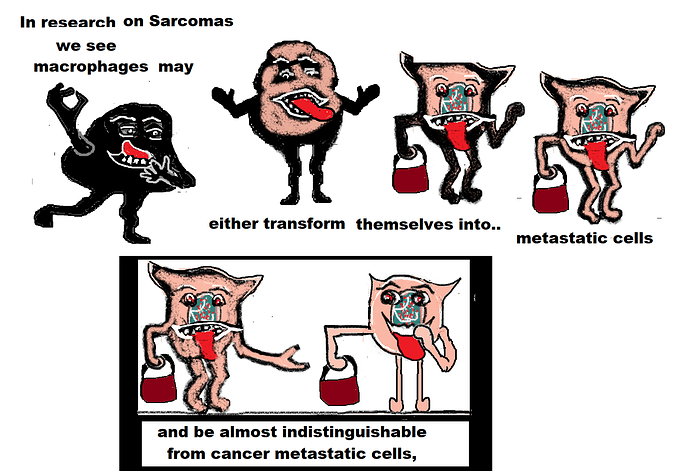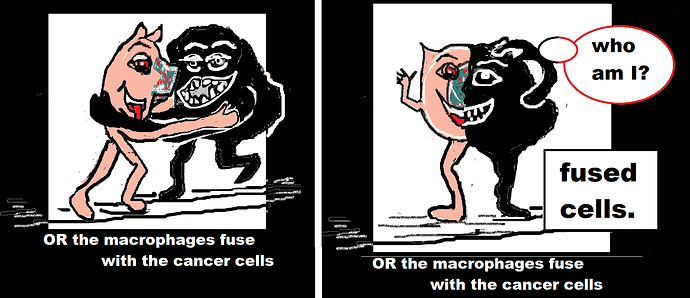Continuing a discussion from another thread:
In post 16 of that thread we read the incredible story of @Ani99 (Kyrani Eade), who experienced a spontaneous remission of stage 4, metastatic ovarian cancer:
In Sydney I was diagnosed with stage 4 ovarian cancer with metastases to the uterus, cervix, bowel and both lungs. AND type 2 diabetes as there were high blood sugars. “Nothing we can do for you” they said. I wasn’t about to give up on my life so I went to a Chinese herbalist and I believed back then that they helped because by early 1994 after more tests the doctors found no evidence of disease. I really believed that the Chinese herbs cured me but a decade later I realized that I must have had a spontaneous remission of the cancer the first time.
For those who do not know me, I am a PhD immunologist. You can read my bio at the end of this article that I recently wrote here for BioLogos about vaccine safety. I currently work in the field of immuno oncology, so I thought readers on this Forum might enjoy some links that I could give you about this field of research at the intersection of oncology and immunology, which has led to new clinical medicines.
Although spontaneous cancer remissions are rare, they are known to happen.
Kyrani’s story reminded me of a couple patient experiences described by oncologist, Steven Rosenberg, MD-PhD, which led him to believe that the immune system could be harnessed to fight cancer.
I became very interested in this when I was a resident in surgery at the Peter Bent Brigham Hospital in Boston, where I ran into two extraordinary cases that had a considerable impact on me.
One was a fellow with stomach cancer that had spread to his liver and other places. He was operated on, but beyond that there was no treatment for him. Miraculously, 11 or 12 years later he was completely disease-free. He had undergone one of the rarest events in medicine and that is the spontaneous regression of metastatic cancer. At the time, this was only the fourth reported case of a stomach cancer with spontaneous regression in the absence of treatment and it seemed to me that the immune system was the likeliest suspect for having caused that.
The second was a patient who had been treated several years earlier and had undergone one of the early kidney transplants at the Peter Bent Brigham Hospital. It turned out that the kidney that was put into the patient inadvertently and unknowingly harbored cancer. Kidney function returned after the transplant, but the patient then developed widespread renal cancer.
When he was taken off of immunosuppressive drugs—which were preventing the transplanted kidney from being attacked and rejected by the immune system—his cancer disappeared. Of course, he also lost the kidney, but it demonstrated that even advanced, widely metastatic cancers could be eliminated with a strong enough immune reaction. Although it involved reaction against tissue from another person, this case showed that it was possible, that the immune system was powerful enough to cause cancer regression.
Those two patients profoundly influenced me in my pursuit of immunotherapy. Those efforts then continued in 1974 when I moved to the National Cancer Institute at the National Institutes of Health.
Since then, many other immunologists have entered the field of Immuno Oncology or Cancer Immunotherapy. Another example is Robert Schreiber, PhD:
And the researchers, James Allison, PhD and Tasuku Honjo, M.D., Ph.D., were awarded the 2018 Nobel Prize in Medicine for their research which led to the drug development of “checkpoint inhibitors” which stop “breaks” that hold back the immune system. Inhibitors of CTLA4 (ipilimumab) and PD1 (nivolumab, pembrolizumab) are now used in the treatment of cancer.
This is all just one example of how observations and scientific study can lead to advancements in the treatment of human health.


